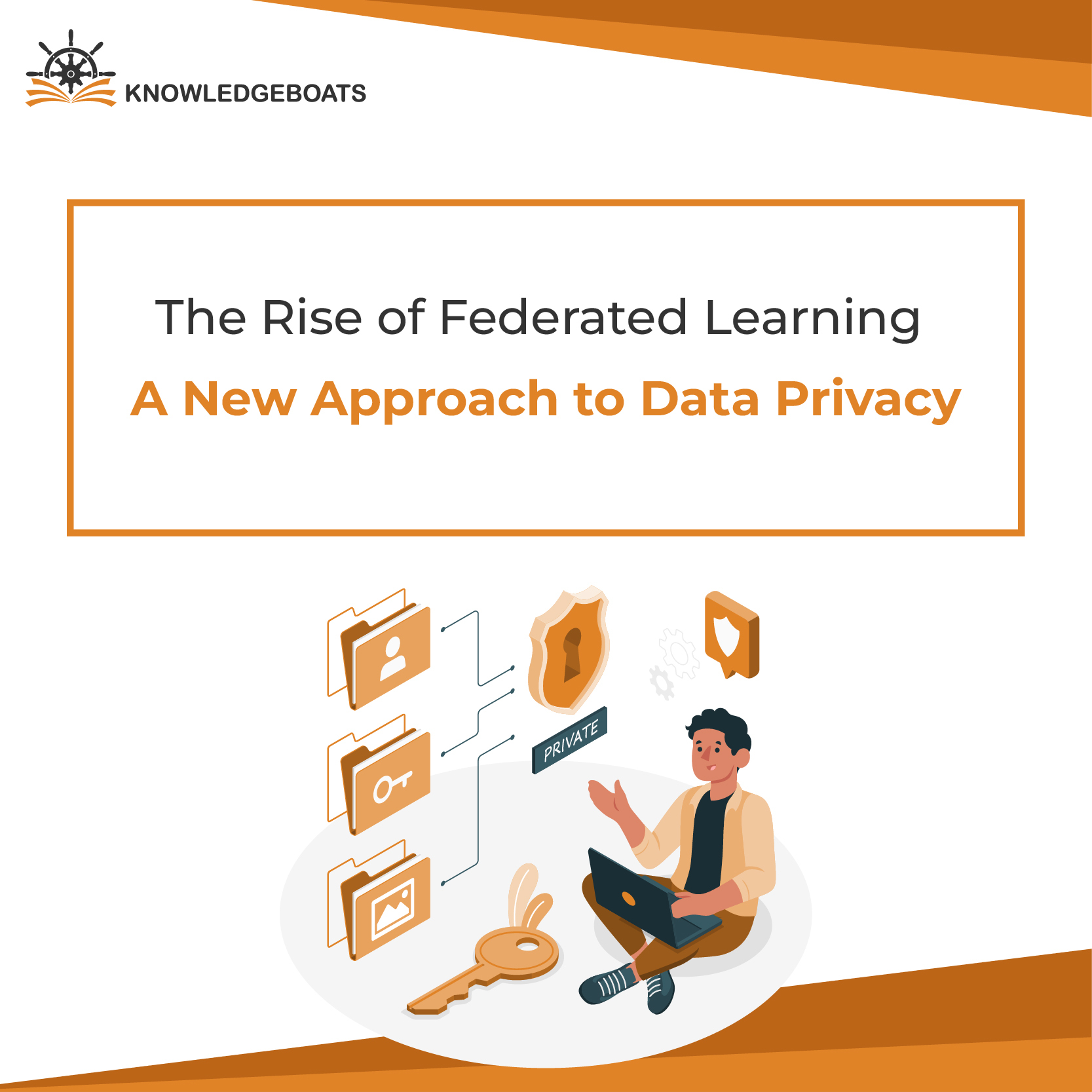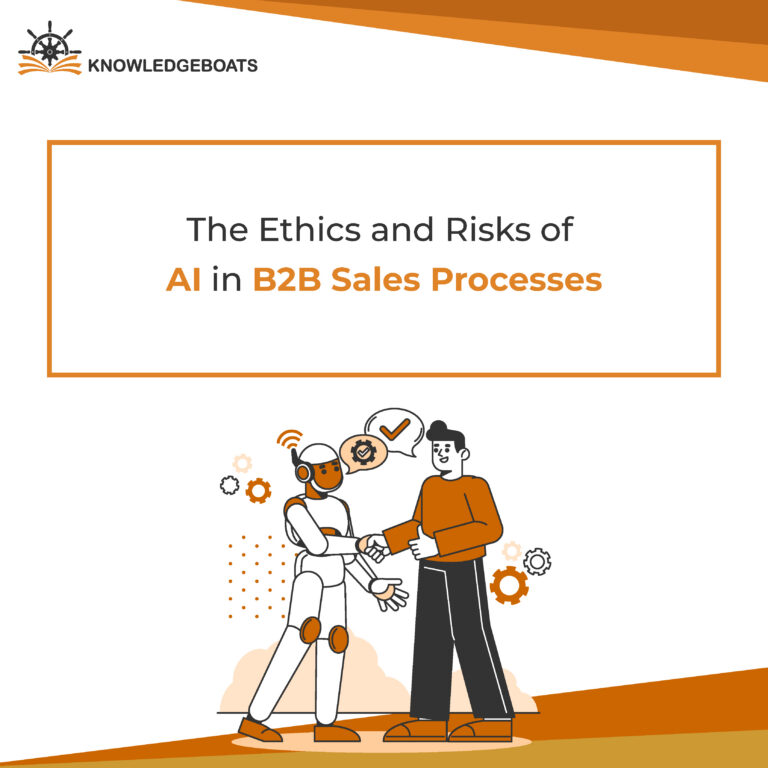
In today’s digital age, Data is gold and thus the number of cyber-attacks is on the rise putting sensitive data at risk. The hackers focus on gaining private data to later use it to blackmail and get their purpose fulfilled. Consistently rising cases of cyber-attacks and data breaches are boosting the need for improved data privacy. Businesses are skeptical about sharing data with other companies and enterprises, developing a dilemma for AI which requires huge data to grow. The transformation of mobile networks and computer technologies raised the number of internet users, IoT devices, and connectivity, along with the demands for network applications and functions. The rising number of cyber hackers is leading to increased concern for data privacy.
In the advanced age, data is precious but managing the data could be crucial as it requires high security and privacy. AI and ML have brought huge changes in recent years, allowing organizations to train machine learning models to recognize patterns in vast data which used to be difficult until now.
Federated learning is an advanced technique that offers better data privacy to businesses. It is a decentralized machine learning model that allows distributed edge devices or systems to prepare their ML models without having to store or move the data to any centralized server. It ensures that:
- Local training: the device that receives non-trained or pre-trained machine learning models ensures that the data is not shared with anyone or with the central server.
- Model travel: each device trains the model locally by using its own data and the server is then aggregated with the local models to develop a shared model.
- Centralized training: a server creates the base model and shares it further with edge computing operations devices.
- Model evaluation: the updates on the model are evaluated to analyze the accuracy and identify improvements.
- Repeat: the process is repeated until it brings satisfactory results or accuracy to the model.
What is federated learning data privacy?
Federated learning data privacy is an advanced approach that allows you to work with other companies while keeping your privacy and IP safe, which ensures that the company data is not at risk while working with external companies. Federated learning has brought a whole new and advanced level of collaborative work, which will soon be implemented in every business keeping privacy under concern. In the world of technology, privacy has become paramount, owing to the rising cases of data violation and privacy breaches, federated learning is the solution to these concerns. It lets companies utilize the entire data available without any risk of central data storage. This advanced approach is changing the way businesses operate and making a paradigm shift in how we think about AI and privacy. The working of federated learning is a decentralized machine learning models, prioritizing data privacy.
How does federated learning work?
- Local training: any device or server participating in this process is a resident model, which guides the local version of the AI model by leveraging specific data.
- Model updates: every resident device shares updated information instead of sharing raw data. It shares parameters such as weights and biases of the models, etc. This server only analyzes the changes in the model parameters and is not concerned with the raw data.
- Central aggregation: The central data combines all the updates from all the participating and resident devices or servers with the help of the Federated averaging technique. It provides an average of all the updates to develop a refined model that leverages learning from wide and diverse data sources.
- Redistribution: The updated model is then shared with the resident model to assist each device combine these updates. It also ensures the improvement of all the models and this cycle continues until a satisfactory level model is received without compromising the privacy of individual data.
Why federated learning is better than classical machine learning?
Classical machine learning collects and stores the data, training the model on the central dataset, which shares the sensitive data between devices and cloud locations. Whereas federated learning does not share or move any data, it rather moves the model to the data.
Classical machine learning models are trained in a single machine operated and owned by a specific resource. However, federated learning generally trains models in an unorganized manner, where each device or server contributes to the distributed data training process.
Advantages of federated learning
- Improved data privacy and security: FL treats every IoT device as an individual client and trains the model without sharing raw data, implying each device collects only the essential information required to complete the task. Raw data is stored on the device and only model updates are shared to the central server, ensuring the privacy of raw data and minimizing the probability of data breach.
- Enhanced scalability and cost-effectiveness: In data science, more data equals enhanced models. When all the data is kept in one cloud or server, training an extended dataset model can require a long time. FL allows storing datasets in multiple locations along with distributed data training on each dataset, which improves the deployment of AI and IoT models along with enhancing the operations’ scalability.
- Higher adaptability: Federated learning models do not require retraining as these models can track data from previous experiences and can predict based on them, making it easy to apply to any new situation.
- Enhanced data accuracy and diversity: The model can be enhanced by training decentralized machine learning where data from multiple sources and exposing it to wider data to reduce bias, handle variations, and generalize new data.
Winding up
Federated learning: a new approach
Google launched federated learning back in 2016, causing a flurry of activities in businesses. All the b2b companies are dominated by big-tech and open-source companies as they offer data security and improve ROI in your industry. In a world of privacy breaches and data threats, federated learning is the essence you need for your business. This privacy-enhancing technology allows data science and companies to access huge datasets, train higher-quality AI models, and surge the ROI of data science and AI projects. Businesses implementing federated learning are a step ahead of others in terms of the ethical and privacy-oriented digital landscape.
Federated learning is on the edge of revolutionizing the manner in, which businesses are training machine learning models. Leveraging federated learning ensures greater accuracy and privacy, along with providing greater control over their data without putting it at risk.



